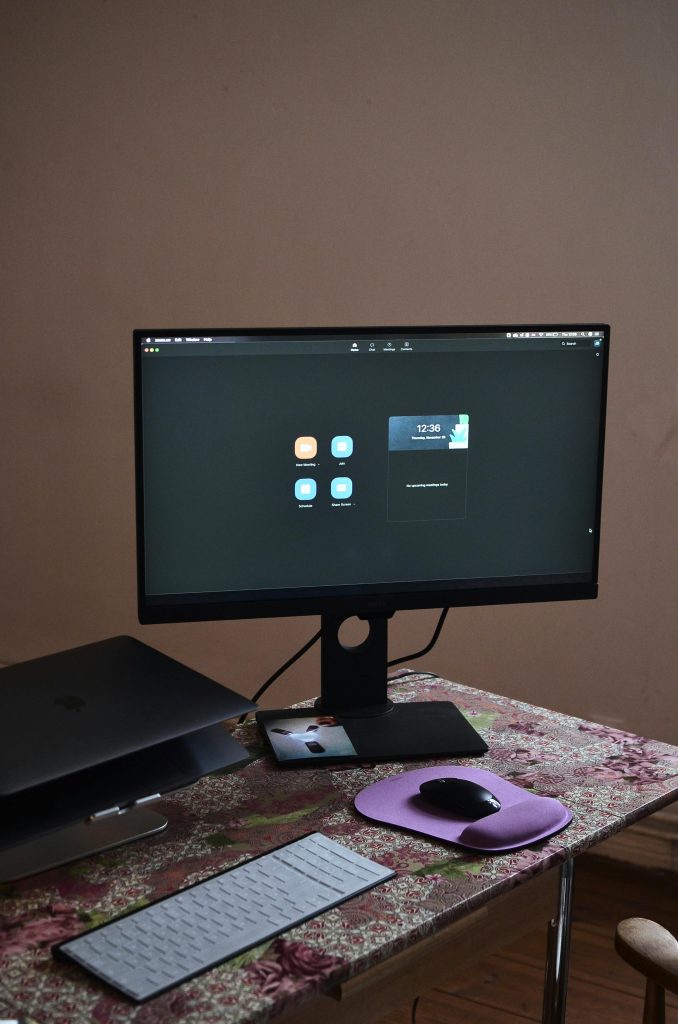
What Is a VPN?
A VPN (Virtual Private Network) is a tool that creates a secure and encrypted connection between your device and the internet. It acts as a private tunnel that masks your online activity, hides your IP address, and protects your data from prying eyes—whether it’s your ISP, hackers, or public Wi-Fi snoops.
How Does a VPN Work?
When you use a VPN, your internet traffic is:
- Encrypted – Your data is scrambled using advanced encryption protocols like AES-256, so even if intercepted, it’s unreadable.
2. Routed Through a Remote Server – Your traffic is directed through a secure VPN server in another location. This replaces your real IP address with one from that server.
3. Delivered to the Web – Websites and services see the VPN server’s IP, not yours. This protects your identity and location.
🔒 Example: If you’re in South Africa and connect to a VPN server in the US, websites will think you’re in the US, not SA.
What Are the Benefits of Using a VPN?
✅ Online Privacy: Your browsing history stays private from ISPs and advertisers.
✅ Security on Public Wi-Fi: Protects your data on open networks in cafes, airports, and hotels.
✅ Bypass Censorship & Firewalls: Access restricted websites and apps in countries with internet censorship.
✅ Stream Geo-Blocked Content: Watch Netflix, Hulu, BBC iPlayer, and more from anywhere.
✅ Safer Torrenting: Hide your IP address while using P2P networks.
Is Using a VPN Legal?
Yes, in most countries, using a VPN is completely legal. However, what you do while connected to a VPN must also comply with local laws. VPNs are commonly used by businesses, travelers, journalists, and everyday users for secure access.
Final Thoughts: Do You Need a VPN?
If you value your privacy, online freedom, and security, then yes—a VPN is an essential tool in today’s digital world.
🎯 Ready to protect your data and unlock the internet? Try NordVPN today with our exclusive deal.